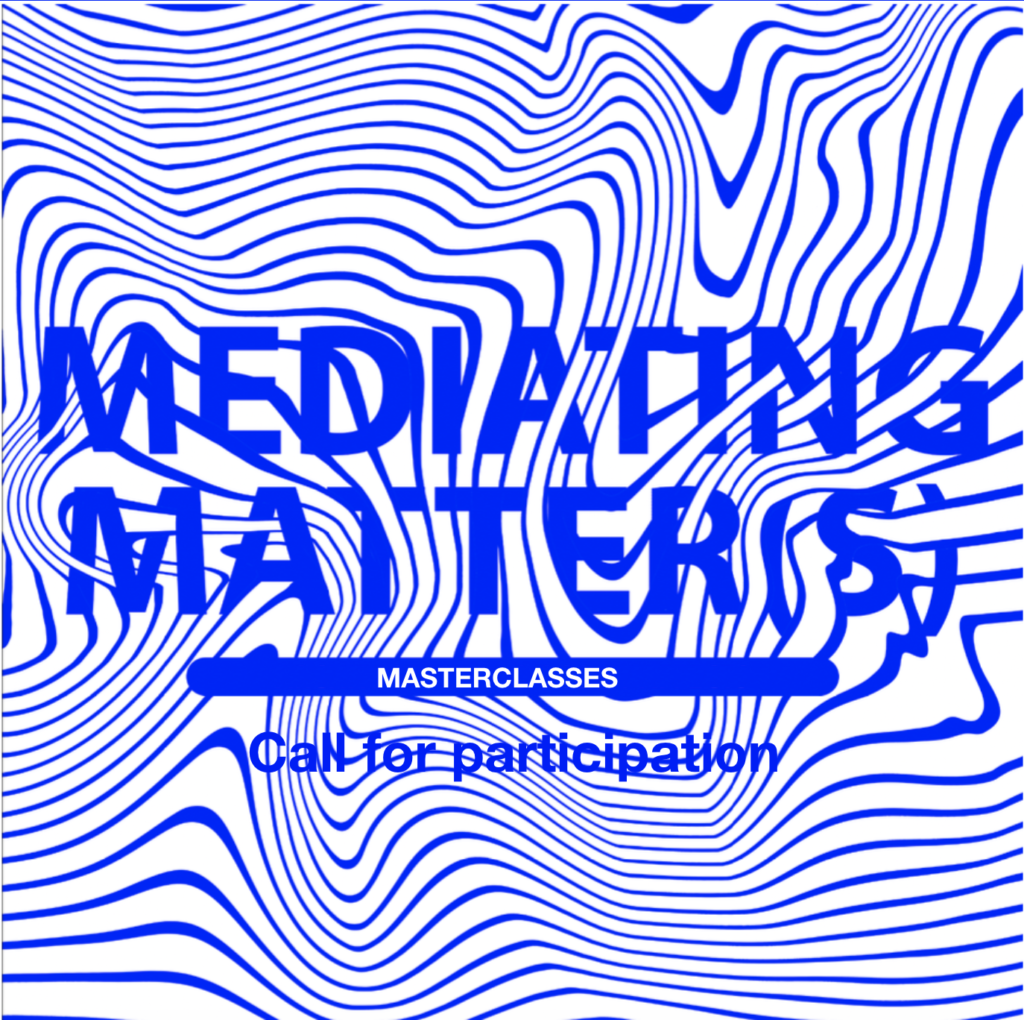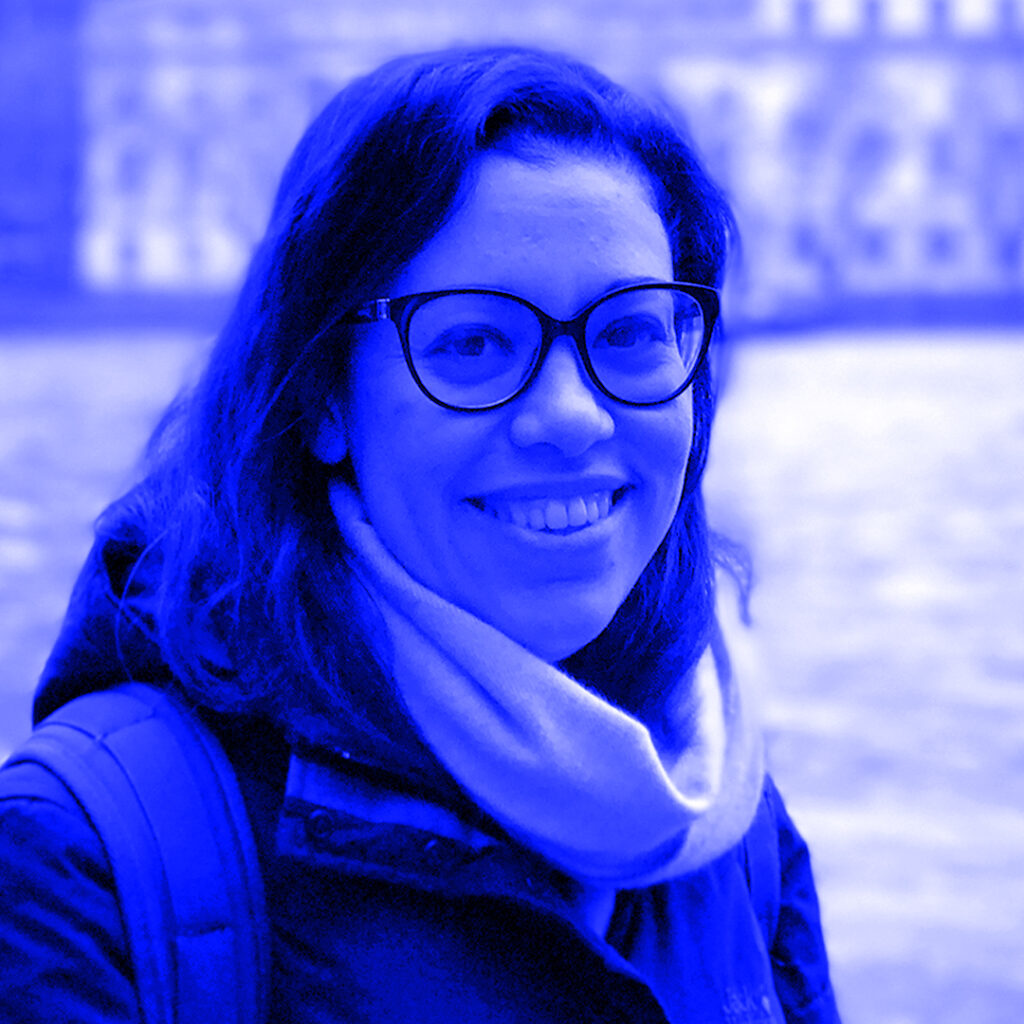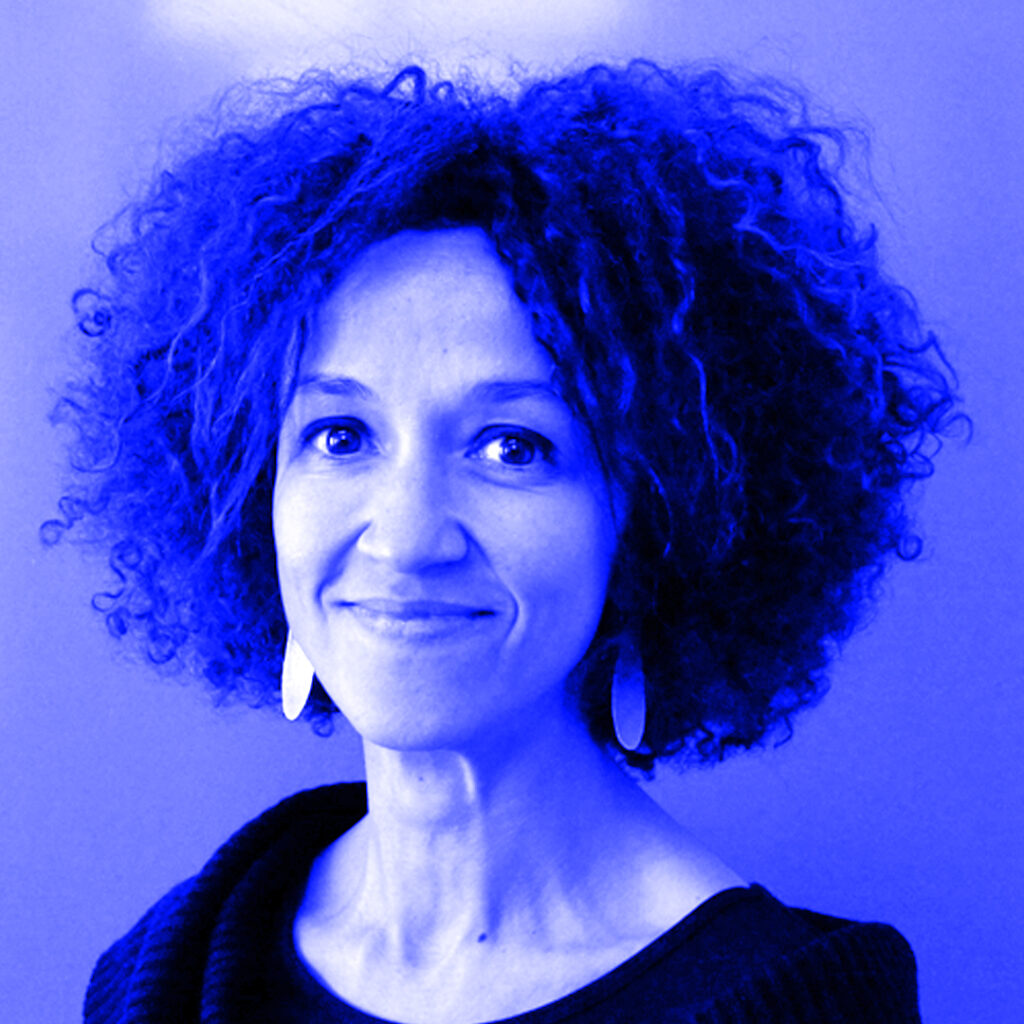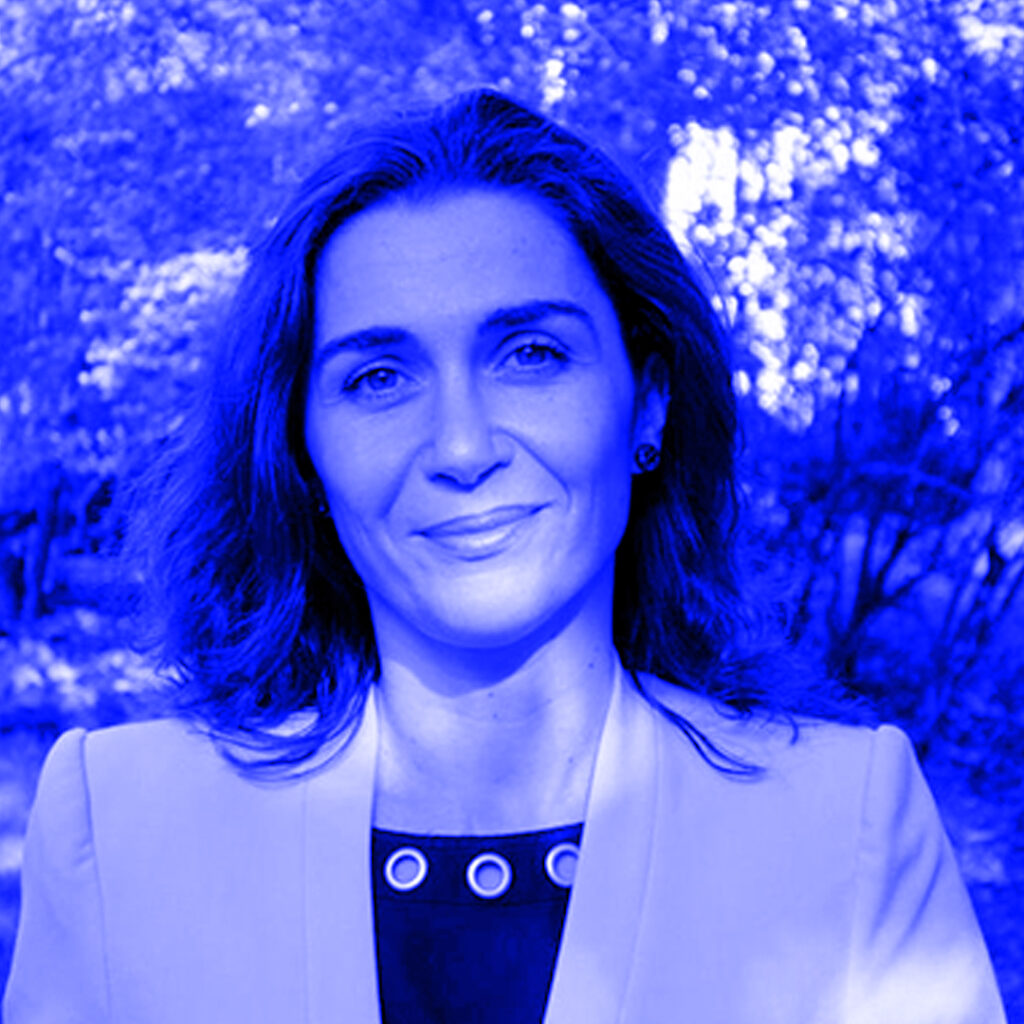Call for Participation: Masterclasses at AGORA III —Mediating Matter(s): Architecture and Bodily Affects
April 17, 2025
The organizers of AGORA III — Mediating Matter(s): Architecture and Bodily Affects invite applications to participate in masterclasses during the international symposium at Carleton University’s Azrieli School of Architecture & Urbanism in Ottawa, Canada.
PhD students and candidates and graduate research students in architecture and allied fields in Canada and abroad may apply to take part in one of three master classes. They are led by Dr. Aya Nassar (Durham University), Dr. Samia Henni (McGill University), and Dr. María González Pendás (Cornell University.)
The classes are free of charge. More information HERE.
The masterclasses represent an opportunity for doctoral and graduate research students to receive feedback on their ongoing research. Graduate students whose research topics align with the symposium’s themes and the research areas of the keynotes are especially encouraged to apply.
The symposium is organized through the Carleton Research Practice of Teaching Collaborative – CR|PT|C. It is co-curated by faculty and students at the Azrieli School of Architecture & Urbanism: PhD students Ahmed Elsherif and Ushma Thakrar, together with Dr. Menna Agha, assistant professor, and Dr. Federica Goffi, co-chair of the PhD in Architecture program.

Application Process
To apply for one of the masterclasses, please send a 200-word abstract of your dissertation or thesis topic, a short bio, and a ranking by preference of which of the three sessions you are most interested in. Please advise if you plan to attend in person or remotely.
Apply to cripticcollab@gmail.com by 11:59 p.m. EDT, Monday, June 30.
The organizers can accommodate a maximum of three students per workshop. Participants will be notified of selection by Wednesday, July 30.
Masterclass Working Schedule
Dr. Aya Nassar — 10: a.m. to 12:15 p.m.
Lunch — 12:15 p.m. to 1:00 p.m.
Dr. Samia Henni — 1:00 p.m. to 3:15 p.m.
Break — 3:15 p.m. to 3:30 p.m.
Dr. María González Pendás — 3:30 p.m. to 5:45 p.m.
Please note that in-person participants are responsible for their travel expenses. The symposium does not offer financial assistance.

Dr. Aya Nassar is an interdisciplinary scholar working between politics, urban and political geography, and Middle East studies. She is an assistant professor at the Department of Geography at Durham University. Her research focuses on memory, archiving, (geo)poetics of space, infrastructure, and affective and material aspects of cities. Nasser’s doctoral research included investigating the archives of national Egyptian architects who designed plans for post-colonial/post-independence Cairo. Her post-doctoral research has focused on the aesthetics and poetics used to represent and depict Arab cities after 2011, neighbourhood storytelling and memory in Coventry, and space and memory work in Egypt. She has co-convened the Warwick Political Geography Group and co-initiated the Geography and Middle East-Northeast Network with Dr. Olivia Mason at Durham and Newcastle Universities.
Dr. Samia Henni is a historian of the built, destroyed, and imagined environments and an assistant professor at the Peter Guo-hua Fu School of Architecture at McGill University. She is the author of the multi-award-winning Architecture of Counterrevolution: The French Army in Northern Algeria, which received the 2020 Spiro Kostof Book Award from the Society of Architectural Historians, and Colonial Toxicity: Rehearsing French Radioactive Architecture and Landscape in the Sahara. Henni is also the editor of Deserts Are Not Empty and War Zones. She has made exhibitions, such as Performing Colonial Toxicity, Discreet Violence: Architecture and the French War in Algeria, Archives: Secret-Défense? (ifa Gallery, SAVVY Contemporary, Berlin, 2021), and Housing Pharmacology (Manifesta 13, Marseille, 2020). Currently, she is the co-chair of the university seminar “Beyond France” at Columbia University, and a member of the editorial boards of the Journal of Architecture field: journal, Descamino, Manazir, Tamazgha Studies Journal, and of the academic board of the African Futures Institute.


Dr. María González Pendás is an architectural historian of modernity and coloniality of the Spanish transatlantic world and assistant professor at Cornell AAP, whose research explores the intersections of aesthetics, technologies, ideologies, and power through the built environment. Her current book manuscript, Holy Modern: Technocracy, Theocracy and the Architectures of Hispanic Fascism, studies the architectural workings of fascism, technocracy, and the imperial figment of Hispanidad in the second postwar and through the lens of Spain. Other projects have investigated relations of labour and race in Mexico; the coloniality of concrete technologies and innovation across the South Atlantic; and the relationship between technology, religion, and secularism in global modernity.